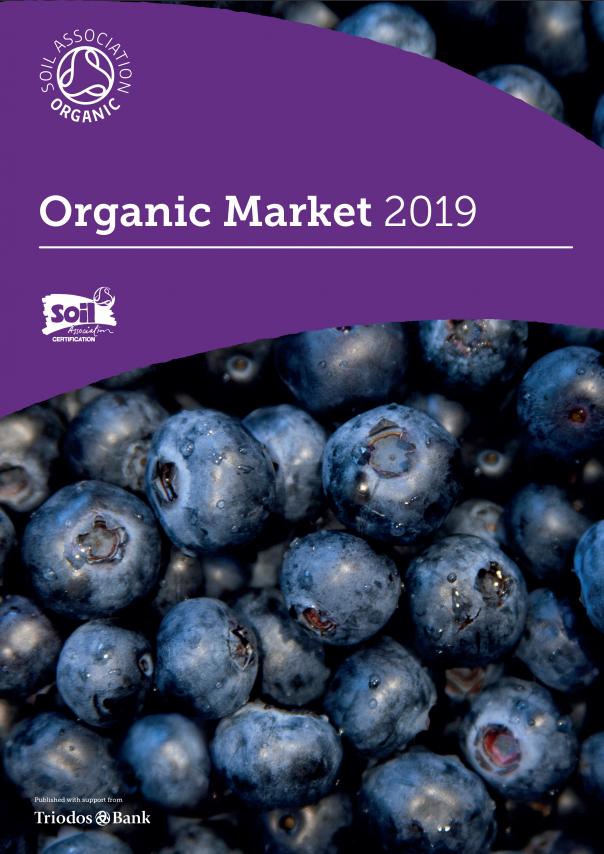Foodservice market buyers generate 8% rise in organic produce purchases

It reports that this growth was achieved despite public spending cuts and has been attributed in part to continued interest in Soil Association’s Food For Life scheme.
The UK’s overall organic market is now worth £2.33bn after a 5.3% growth in sales in 2018, well ahead of the non-organic market.
The figure represents the highest ever value placed on the organic market, following seven consecutive years of growth, and means that almost £45m is spent on organic a week.
Organic accounts for 1.5% of the overall food and drink market in the UK and is expected to be worth £2.5bn by 2020.
Other key areas of growth identified by the report include:
* Home delivery of organic, through online and box schemes, was the fastest growing route to market in 2018, with an impressive sales growth of 14.2%. This channel now accounts for 14% of all organic sales and is on target to make up a quarter of all sales of organic in the UK by 2023.
* Supermarket sales of organic, excluding discounters, increased by 3.3% [Nielsen Scantrack Total Coverage (Supermarkets and Convenience Stores), 52w/e 29th December 2018].
* Independent retailers saw sales increasing by 6.2%, buoyed by healthy and hyper-local shopping habits and wider organic ranges from wholesalers.
* Soil Association Certification licensee sales are up 9%, well ahead of the overall organic market.
Clare McDermott, business development director for Soil Association Certification, said: “Organic is in the right place to capitalise on many of the consumer trends we’re currently seeing across retail.
“We know that more shoppers are looking to purchase sustainable products to reduce their impact on the planet, and this has combined with an increasing value being placed on transparency and traceability in the food system, more local and online shopping, and increasing interest in healthy options – where organic is often seen as a signpost to healthy choice.
“Because organic is legally certified, shoppers can trust that the food they are buying has been produced with the utmost care for the environment, animals and land, as well as being fully traceable.
“Its encouraging that, despite uncertainties in the wider food and drink and non-foods sectors, more and more shoppers are turning to the organic symbol as one they can trust to deliver many of the assurances – environmental, nutritional and ethical – that they are looking for.”
The increasing consumer demand for organic has meant more farmers going into organic farming. The latest statistics from Defra – covering 2017 – show that the amount of organic certified land has increased by 1.9%, the first rise since 2008.
Land in conversion also increased by nearly 30%, a third consecutive year of growth, and Soil Association Certification expect this to continue, as, post-Brexit, consumer demand for products from UK producers and sustainable agroecological systems could rise.
